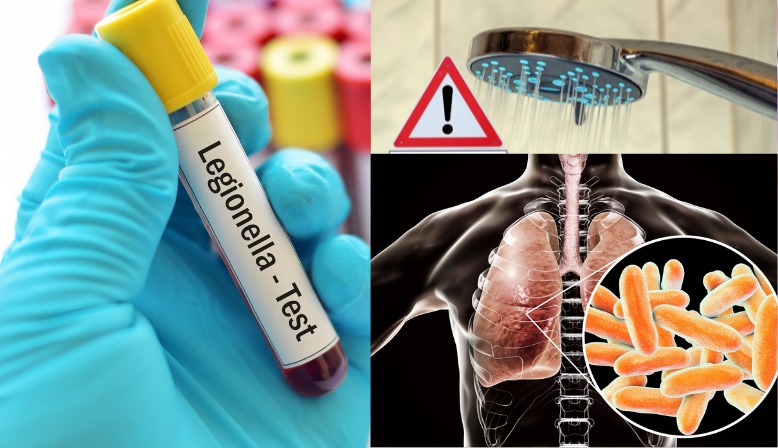Our Services
Legionella Risk Assessment Consultancy Services
As a leading pioneer in Environmental, Health, and Safety consultancy with years of experience in the UAE market, we specialize in delivering comprehensive Legionella risk assessments and expert consultancy services. Our mission is to help businesses safeguard their water systems, ensuring compliance with health and safety regulations. With a dedicated team of environmental experts, we focus on minimizing the risks of Legionnaires' disease, protecting the well-being of your employees, customers, and visitors. Let us help you create a safer, healthier environment for everyone.
Legionella Risk Assessments & Legionella Control Plans
Thoroughly evaluate your water systems, including cooling towers, hot and cold-water systems, and high-risk installations such as water features, fountains etc. to identify potential Legionella hazards.
Provide detailed Legionella risk assessment reports with tailored recommendations for corrective actions including qualitative and quantitative assessment of your water system by comprehensive physical inspection and laboratory analysis.
Develop custom Legionella control programs that ensure compliance with regulations. Implement preventive measures like water treatment protocols, temperature monitoring, and routine inspections.
Laboratory analysis and report interpretation
Provide expert guidance on conducting effective Legionella water sampling and laboratory analysis to detect the presence of Legionella bacteria in your water system.
Conduct a comprehensive analysis and interpretation of laboratory results, offering actionable and practical recommendations to mitigate risks and ensure water safety.
Legionella Awareness Training
Equip your team with the knowledge to handle, maintain, and inspect water systems safely. Raise awareness about Legionella risks and help ensure proper water system management.
Compliance Assistance for effective Legionella Risk Management
Ensure your business complies with both local and international health and safety regulations such as ACOP L8, DM - HSD - GU44 - LCWS2, OSHAD-SF CoP 12.
Help you meet requirements from regulatory agencies like Dubai Municipality, ADPHC, RAKEZ etc.
Monitoring and yearly Legionella risk assessment audit
Conduct annual monitoring and reviews of your water systems to ensure ongoing safety and effectiveness.
Continually update risk assessments and control plans to adapt to changing regulations and conditions.
Why Choose Us?
Expertise: Our team has in-depth knowledge of Legionella management and industry best practices.
Tailored Solutions: We offer customized plans and solutions to meet the unique needs of your business.
Compliance: We ensure full compliance with health and safety regulations to protect your workforce and assets.
Proactive Approach: Our proactive approach helps prevent potential Legionella outbreaks before they occur.
Contact us today to schedule a consultation and ensure the safety of your water systems. Let us help you safeguard your workplace from the risks of Legionella and maintain a healthy environment for all.

